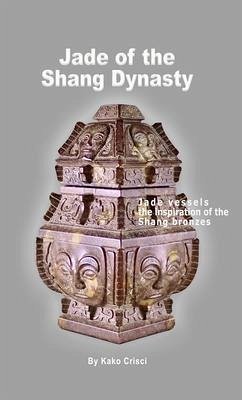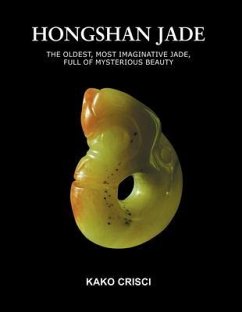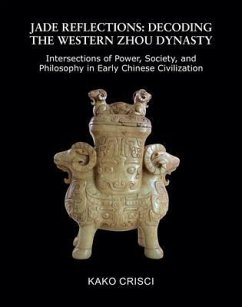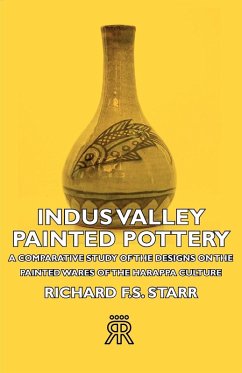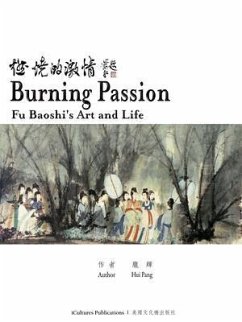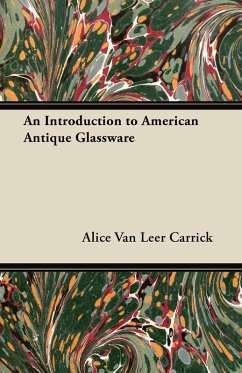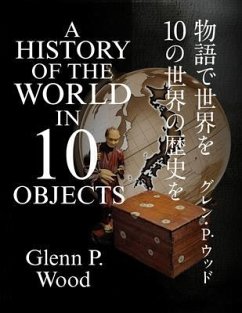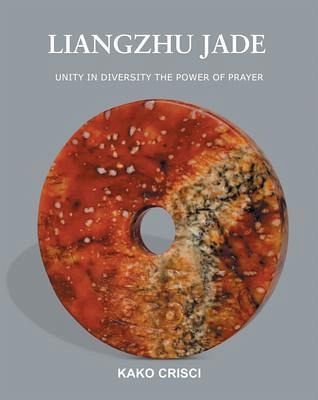
Liangzhu Jade (eBook, ePUB)
Versandkostenfrei!
Sofort per Download lieferbar
29,95 €
inkl. MwSt.
Weitere Ausgaben:

PAYBACK Punkte
15 °P sammeln!
The Liangzhu culture (circa 3300-2300 B.C.) was first discovered in the 1930s in the Zhejiang province of China, which included the coastal areas around the mouth of the Yangtze River. From the 1970s to the 1990s, a large number of jade artifacts of outstanding quality were unearthed there. It became the biggest discovery of jade artifacts of the twentieth century.During last forty years, archeological development provided scholars with evidence that not only revealed the evolutionary course of Chinese civilization, but it also confirmed the history of China's five thousand years of civilizati...
The Liangzhu culture (circa 3300-2300 B.C.) was first discovered in the 1930s in the Zhejiang province of China, which included the coastal areas around the mouth of the Yangtze River. From the 1970s to the 1990s, a large number of jade artifacts of outstanding quality were unearthed there. It became the biggest discovery of jade artifacts of the twentieth century.
During last forty years, archeological development provided scholars with evidence that not only revealed the evolutionary course of Chinese civilization, but it also confirmed the history of China's five thousand years of civilization. Because of their studies, our knowledge of these ancient people and their cultures expanded considerably.
Liangzhu jade pieces are the biggest and most brilliant examples of art that began during the Neolithic period. They are the most important and the most well-preserved remnants of their culture. Jade helps us to understand the Liangzhu's beliefs, the way they thought, their perceptions of life and their social systems.
Cong tubes and bi discs are the most signature jade forms, and these two jade forms are the majority of Liangzhu jade. We know that the Liangzhu jade must have been very important to them, but for a long time we could not identify the meaning of them. In this book, the author introduces the research done by Hayashi Minao, who was the most respected and studied scholar of the twentieth century. He explained clearly what were the meaning of the cong tubes and bi discs.
More than one hundred illustrations and photographs of unique jade artworks open a unique window of appreciation for the most extraordinary neolithic jade. Through the varieties and diversities of this jade collection, we are getting close to the true picture of their unity in a diverse society, and through their outstanding quality of their jade, we are sharing the power of prayer from the Liangzhu people.
During last forty years, archeological development provided scholars with evidence that not only revealed the evolutionary course of Chinese civilization, but it also confirmed the history of China's five thousand years of civilization. Because of their studies, our knowledge of these ancient people and their cultures expanded considerably.
Liangzhu jade pieces are the biggest and most brilliant examples of art that began during the Neolithic period. They are the most important and the most well-preserved remnants of their culture. Jade helps us to understand the Liangzhu's beliefs, the way they thought, their perceptions of life and their social systems.
Cong tubes and bi discs are the most signature jade forms, and these two jade forms are the majority of Liangzhu jade. We know that the Liangzhu jade must have been very important to them, but for a long time we could not identify the meaning of them. In this book, the author introduces the research done by Hayashi Minao, who was the most respected and studied scholar of the twentieth century. He explained clearly what were the meaning of the cong tubes and bi discs.
More than one hundred illustrations and photographs of unique jade artworks open a unique window of appreciation for the most extraordinary neolithic jade. Through the varieties and diversities of this jade collection, we are getting close to the true picture of their unity in a diverse society, and through their outstanding quality of their jade, we are sharing the power of prayer from the Liangzhu people.
Dieser Download kann aus rechtlichen Gründen nur mit Rechnungsadresse in A, D ausgeliefert werden.




